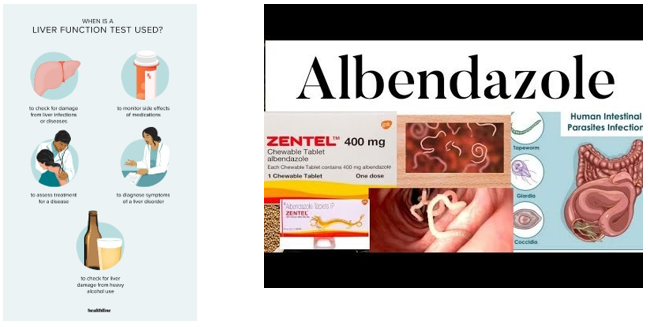A client with open-angle glaucoma asks the nurse how long the prescribed eye drops will need to be used. Which response made by the nurse is accurate?
Until a smaller angle can be restored.
For long-term control of normal eye pressure.
Until the excess pressure is reduced.
For long-term control of pain and swelling.
The Correct Answer is B
Open-angle glaucoma is a chronic eye condition that can cause irreversible damage to the optic nerve, leading to vision loss or blindness. The primary goal of treatment is to lower and control the intraocular pressure (IOP) to prevent further damage. Eye drops are often prescribed to reduce the IOP and are typically used for long-term control of normal eye pressure, even if the pressure has been reduced to a safe level.
Options a, c, and d are incorrect because they do not reflect the long-term management of open-angle glaucoma.
While reducing excess pressure may be a goal of treatment, it is not a guarantee that the eye drops will be discontinued once the pressure is normalized.
Likewise, restoring a smaller angle or managing pain and swelling may be secondary goals but are not the primary purpose of using eye drops in open-angle glaucoma

Nursing Test Bank
Naxlex Comprehensive Predictor Exams
Related Questions
Correct Answer is D
Explanation
The client's symptoms suggest liver dysfunction, which is a known adverse effect of albendazole. Albendazole is primarily metabolized in the liver, and its use can cause liver damage in some cases. Therefore, it is essential to review liver function test results to assess the severity of liver damage and to determine if the medication should be discontinued or the dosage should be adjusted.
The renal function panel (a) measures the levels of various substances, such as creatinine and blood urea nitrogen, in the blood to assess kidney function.
The thyroid function test (b) evaluates the levels of thyroid hormones in the blood to diagnose thyroid disorders.
The basic metabolic panel (c) includes several tests that assess the levels of electrolytes, glucose, and other substances in the blood to evaluate metabolic function. However, these lab tests are not directly related to the symptoms and adverse effects associated with albendazole use

Correct Answer is C
Explanation
The correct answer is C. Liver function lab results.
Choice A: Weight change in the last month
Weight change is a relevant factor to monitor in patients starting on antidepressants, including duloxetine, as some antidepressants can cause weight gain or loss. However, it is not the most critical information to obtain initially. Monitoring weight can help manage potential side effects and ensure the patient’s overall health, but it does not directly impact the immediate safety and efficacy of starting duloxetine.
Choice B: Recent use of other antidepressants
Recent use of other antidepressants is crucial information because combining duloxetine with other antidepressants, especially MAOIs (Monoamine Oxidase Inhibitors), can lead to serious interactions such as serotonin syndrome. This condition can be life-threatening and requires careful management. However, while this information is important, it is not as immediately critical as liver function tests when starting duloxetine.
Choice C: Liver function lab results
Liver function lab results are the most important information for the nurse to obtain. Duloxetine is metabolized in the liver, and patients with pre-existing liver conditions or impaired liver function are at higher risk for hepatotoxicity. Monitoring liver function is essential to prevent severe liver damage, which can be life-threatening. Baseline liver function tests help ensure that the patient can safely metabolize the medication and identify any potential issues early.
Choice D: Family history of mental illness
Family history of mental illness can provide valuable context for understanding the patient’s condition and potential genetic predispositions. It can also help in tailoring the treatment plan and anticipating the patient’s response to medication. However, while this information is useful for long-term management, it is not as immediately critical as liver function tests when initiating duloxetine therapy.
Whether you are a student looking to ace your exams or a practicing nurse seeking to enhance your expertise , our nursing education contents will empower you with the confidence and competence to make a difference in the lives of patients and become a respected leader in the healthcare field.
Visit Naxlex, invest in your future and unlock endless possibilities with our unparalleled nursing education contents today
Report Wrong Answer on the Current Question
Do you disagree with the answer? If yes, what is your expected answer? Explain.
Kindly be descriptive with the issue you are facing.
